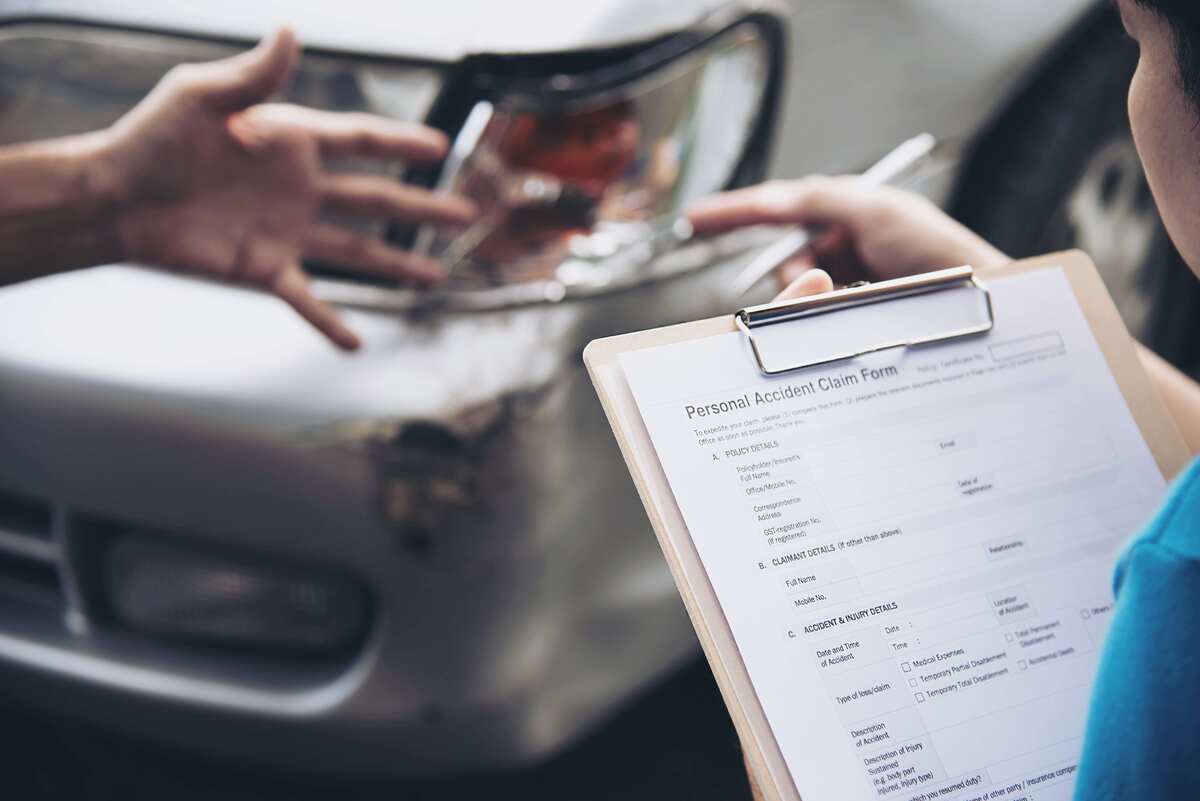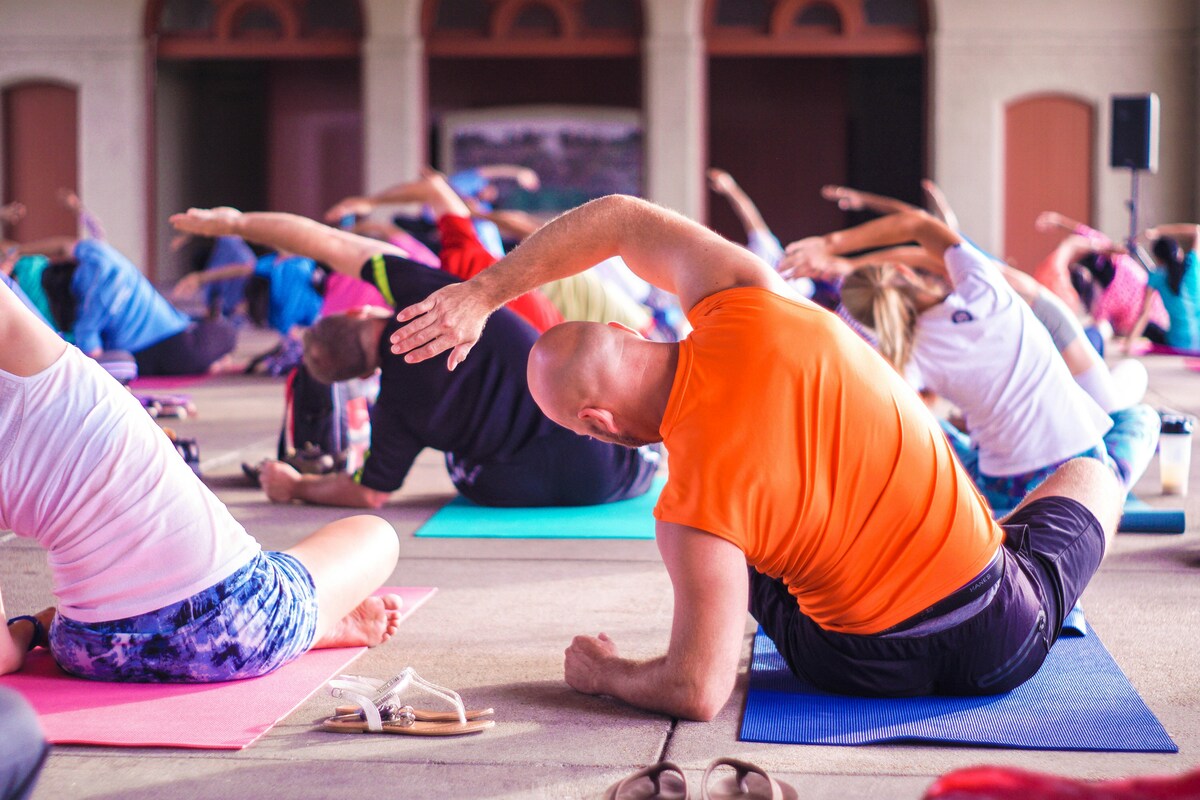
What to Do Legally When Accidents Disrupt Your Wellness Journey
Legal help, support systems & wellness tips.
Accidents can throw a wrench into your plans, especially when you're focused on staying healthy and maintaining your mental well-being. Sadly, whether it’s recovering from injuries or dealing with emotional stress, the world doesn't stop moving because unexpected events have hit you like a ton of bricks.
This usually leads to feelings of isolation and resentment, which are definitely not compatible with wellness. Plus, for many, the aftermath of an accident becomes an uphill battle that includes recovery and trying to keep wellness goals on track.
We’re here to tell you that it's natural to feel overwhelmed. Injuries take time to heal; medical bills pile up quickly; you might even worry about how to stay active again after recovery.
But this doesn’t have to derail all your efforts. You can take steps to make sure you stay on track regardless of what life throws at you. Plus, you’re not alone in this storm of unfortunate events - you have legal tools to support your recovery, and you have (or can build) a network of supportive people who are by your side.
Everything starts with knowing what options exist and how to use them. This is what we’ll discuss today, so make sure to stay tuned until the end.
Know Your Legal Rights After an Accident

If you’ve never been involved in an accident, you may not be aware of the legal protections that exist in your state or country to help you recover, both physically and financially. So, preferably before you get involved in an accident, it’s essential that you understand your legal rights.
First, it’s important to understand the importance of solid legal representation. If you get in a car accident caused by someone else’s negligence, you have the right to pursue compensation.
Still, liability in car accidents is not always as black and white as we like to believe, so an experienced accident lawyer can make sure that everything is done correctly, according to local rules and regulations.
They will also teach you about the importance of documentation so you can receive proper compensation for medical expenses. This includes costs related to treatments, physical therapy, or even mental health services necessary after the incident.
You also have a right to be compensated for lost wages if injuries prevent you from working. And it doesn’t stop there; emotional distress from accidents might also qualify for compensation, depending on state laws.
When you work with an experienced lawyer, you only have to focus on recovery and keeping your mind balanced. They will cover the rest and make sure your interests are well-represented.
Build a Support System for Wellness During Recovery

Being involved in an accident you didn’t cause will help you see just how fair life can be. But it’s also an occasion to understand the power of community.
So do not isolate yourself from family, friends, and people who love you. Surrounding yourself with the right people and resources can make a big difference in your ability to heal, both mentally and physically.
Start by leaning on family and close friends. Whether it’s driving you to doctor appointments or simply listening when the process feels overwhelming, their presence matters more than they (or you) might realize.
If you don’t have a support network, look for support groups for accident survivors and organizations that help people in need. These can help alleviate your feelings of isolation and share your experience. Hearing others' stories reminds you that you're not alone and that there’s hope ahead.
Strategies for Staying Active While Injured or Healing

Staying active after an accident might feel impossible, but it’s important (for both physical and mental health) to stay active. Even small, intentional actions help maintain physical health and improve your overall recovery process. The key is adapting activities to match what your body can safely handle.
First, consult with a doctor or physical therapist about exercises that align with your injury. They can recommend low-impact movements like stretching routines or chair exercises that keep you engaged without risking further harm.
For injuries affecting mobility, aquatic therapy often works wonders. Deep breathing exercises and yoga (modified if necessary) also enhance circulation and flexibility during the healing phase.
Wrap Up
Understanding your rights, building support systems, and adapting strategies safeguard your wellness after accidents. Staying informed equips you to recover stronger, both mentally and physically.











